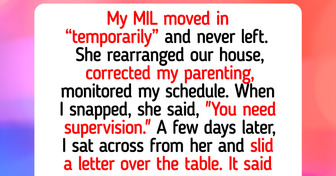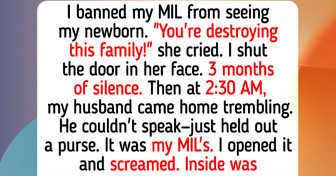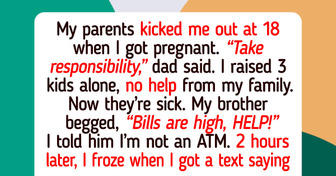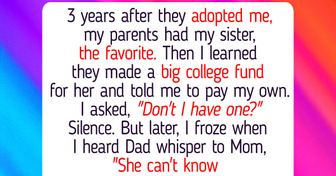I Walked Out of the Family Reunion After My Stepdaughter Handed Me a List of “Rules”

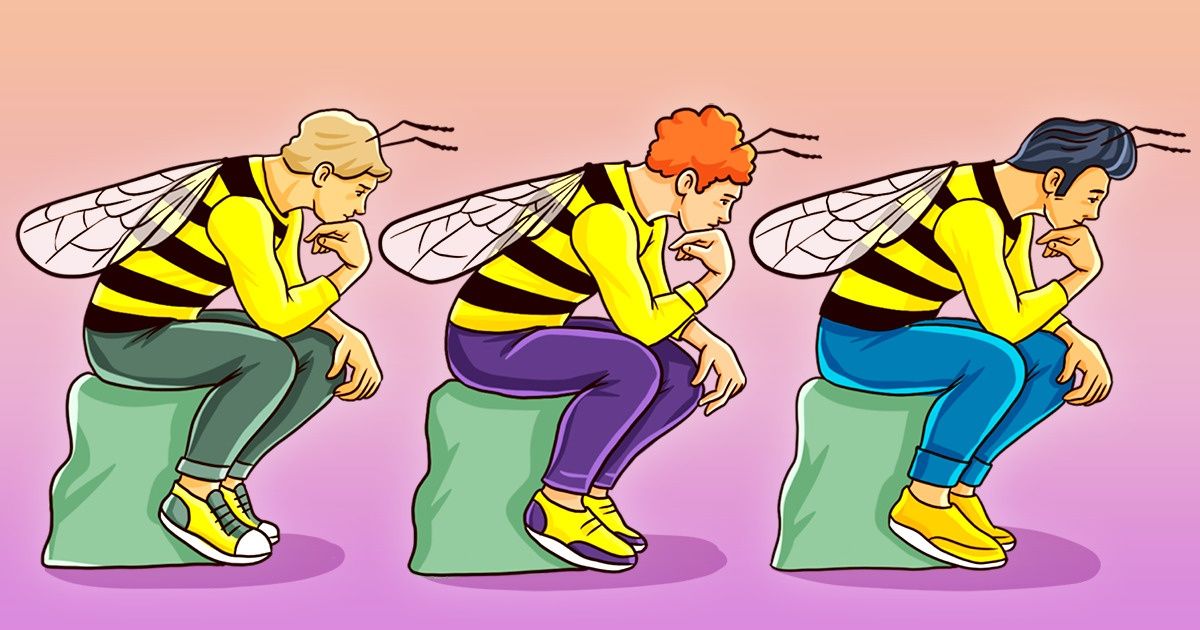
Whether we’re trying to stop climate change or just want to cope with a hard project at work, it’s easy to lose motivation. No matter how many sleepless nights we devote to reaching our goals, our efforts seem to be nothing more than a drop in the bucket. But as it turns out, we may be able to learn a little something about patience from humble bumblebees.
Bright Side came to a curious realization about these honey makers and is ready to convince you that little strokes fell great oaks.
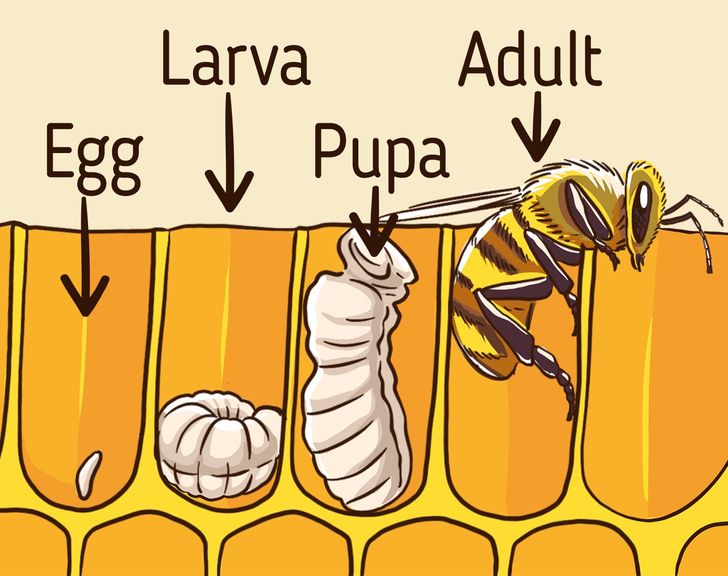
An ordinary working bee lives for about 4 to 8 weeks. That’s nothing compared to our 65-70 years of life. They have much less time to impact the world than we do. Yet nobody has seen a bee that gave up on their chores because “it doesn’t really matter.”
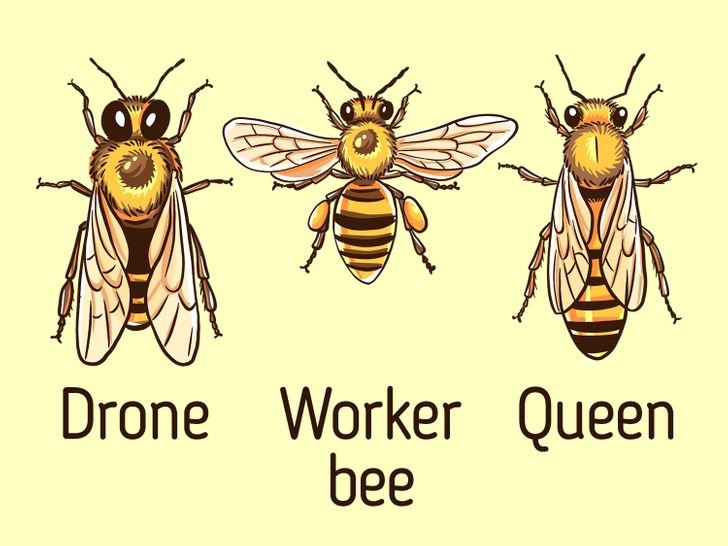
One working bee makes just 1/12 of a teaspoon of honey. And speaking of drones and the queen, they don’t even make this amount. But everyone in a hive does their own work so that all of them can function and continue living.
The working bees bring nectar and pollen and raise the new generation. Drones are males who not only mate with the queen but also do the “dirty work” — they fan using their wings to keep the right temperature in the hive. And the queens are only concerned with laying eggs. A small bee seems unimportant but if you remove them from the system, everything will fail.
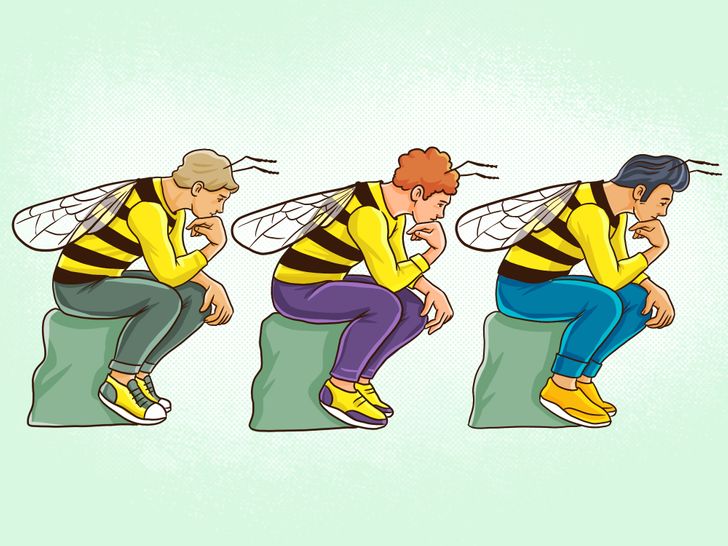
A worker bee doesn’t profit from what she’s doing directly. After all, not a drop of honey belongs to her. She spends all her life working hard just to raise the new generation and allow the hive to go on living. And even that fact doesn’t convince her to give up.
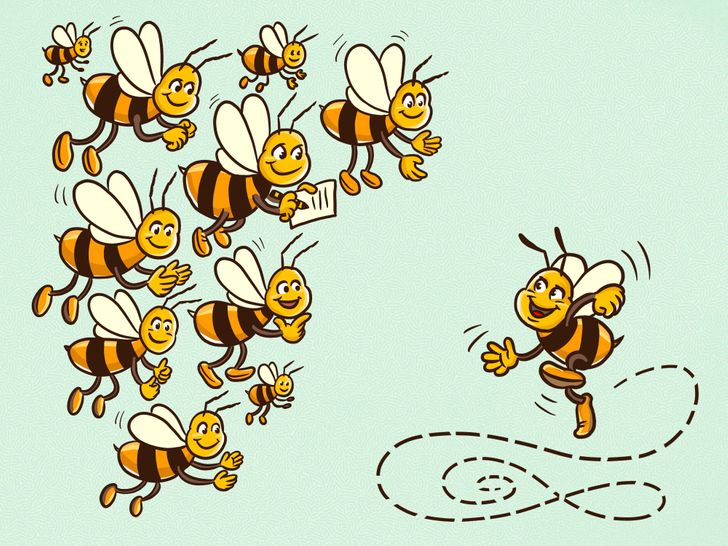
When all the cells in a hive are full and the queen doesn’t have space to lay eggs, the bees need to find a new place to live. So they abandon their old shelter and land altogether in a tree. Some of the bees are sent in different directions to find a thriving location they can inhabit.
When one of them finds something that suits just fine, she comes back and starts to wiggle, trying to convey through dance what a perfect site she stumbled upon. In a couple of hours, the hive chooses to move to the place she has found. The impact resembles the concentric circles that appear after we drop a stone into some water.
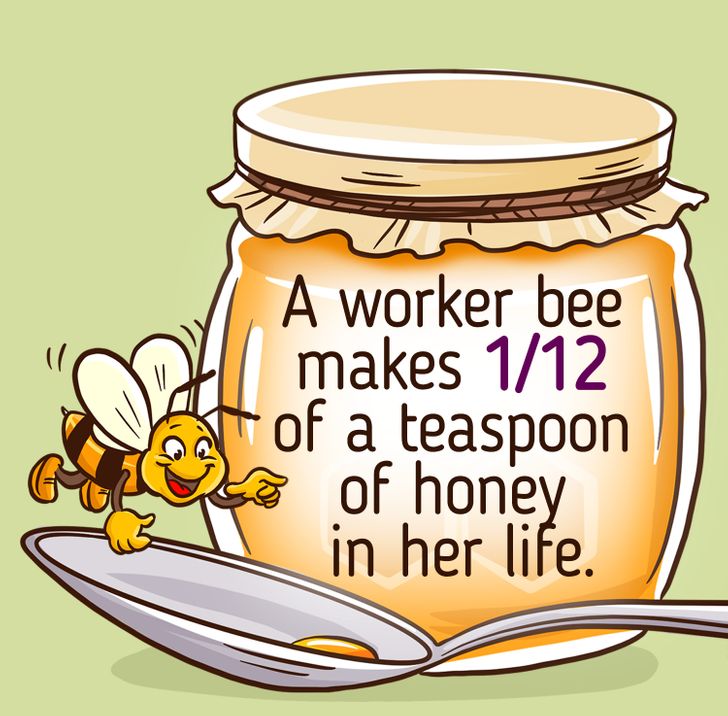
If we remove one bee, we’ll only lose 1/12 of a teaspoon of honey. But if we remove a dozen of them, we’ll get one teaspoon less than we could’ve. If there’s no bee who can find a new place for them all to live, then the whole hive would die and we’d get no honey at all.
No matter how small your contribution may seem to you, it has a big impact if you look at the bigger picture. Never forget that your 1/12 of a teaspoon matters.
So, what can we learn from the bees?
What are your favorite ways to boost self-esteem and get inspiration?


